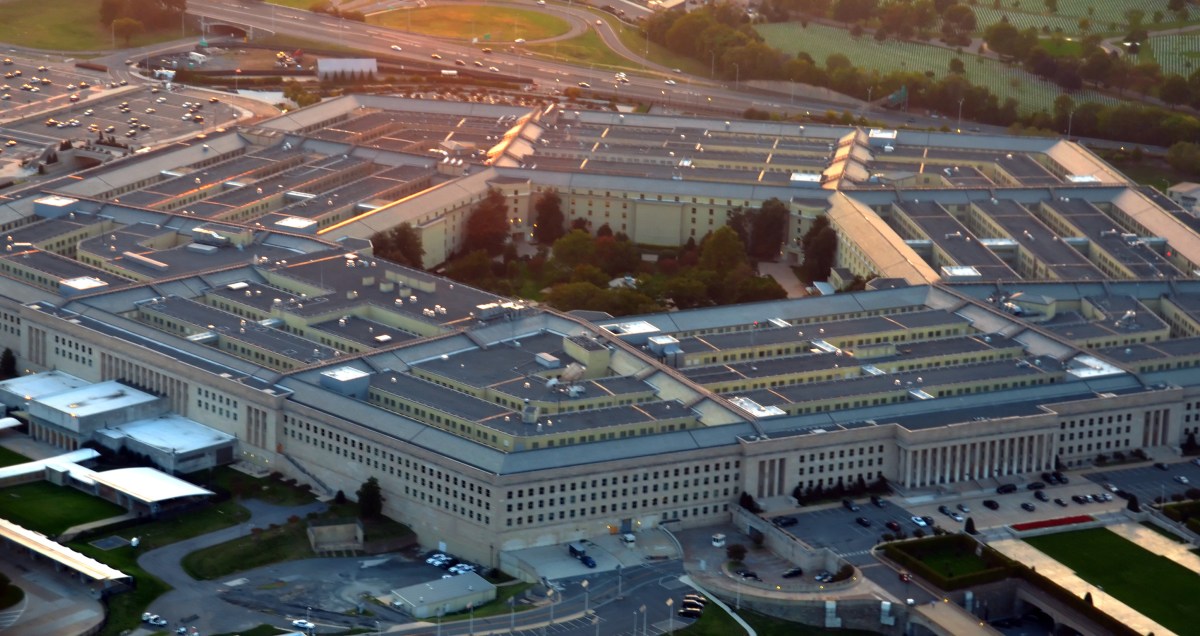Windows 10 deployment remains top-of-mind for Pentagon CIO

Moving the entirety of the Pentagon and the various military branches to the Microsoft Windows 10 operating system is still at the top of the Defense Department CIO’s to-do list after the office missed the goal for departmentwide deployment earlier this year.
John Zangardi — acting DOD CIO since Terry Halvorsen left the role at the end of February — said Tuesday the objective is to “to be done on our networks by the end of this calendar year. That is a challenge that we’re still working to meet.”
Windows 10 deployment is highest on Zangardi’s list of top priorities, along with expediting the rollout of the Joint Regional Security Stacks and implementing an automated cybersecurity scorecard for DOD agencies, because it will change how the Pentagon does business, he said at the Adobe Digital Government Symposium in Washington, D.C.
“It’s an evergreen product, it helps us stay current with the threat. It also requires us to look at how we do our processes for certifying and application or an operating system to run on our network. Because it’s evergreen, updates are coming continuously. Our old processes for certifying something to be on our network can’t apply in the future.”
The enterprisewide move to Windows 10 was supposed to be completed by January under a mandate from former Deputy Secretary Bob Work that reportedly received pushback from individual branches of the military.
Despite now leading the push toward the operating system, Zangardi said he’s been part of one of those services — the Navy — and knows how it goes.
“Our typical response to new operating systems was to wait years and beg and plead to keep the old one going,” he said. “It’s embarrassing but that’s what we did.”
But by moving to a streamlined and secure operating environment, the efficiencies gained will let the Pentagon and its partners focus on their higher level missions, like “maximiz[ing] lethality and capability,” he explained.
“If we can free up dollars that can be put into the procurement of planes or ships or tanks or bullets, that’s a responsibility we owe to the American taxpayer,” Zangardi said. “So being more effective and efficient in our utilization of modern IT, making sure our folks have the right tools so they can accomplish their job is in inherent in what we have to do to go forward.”






